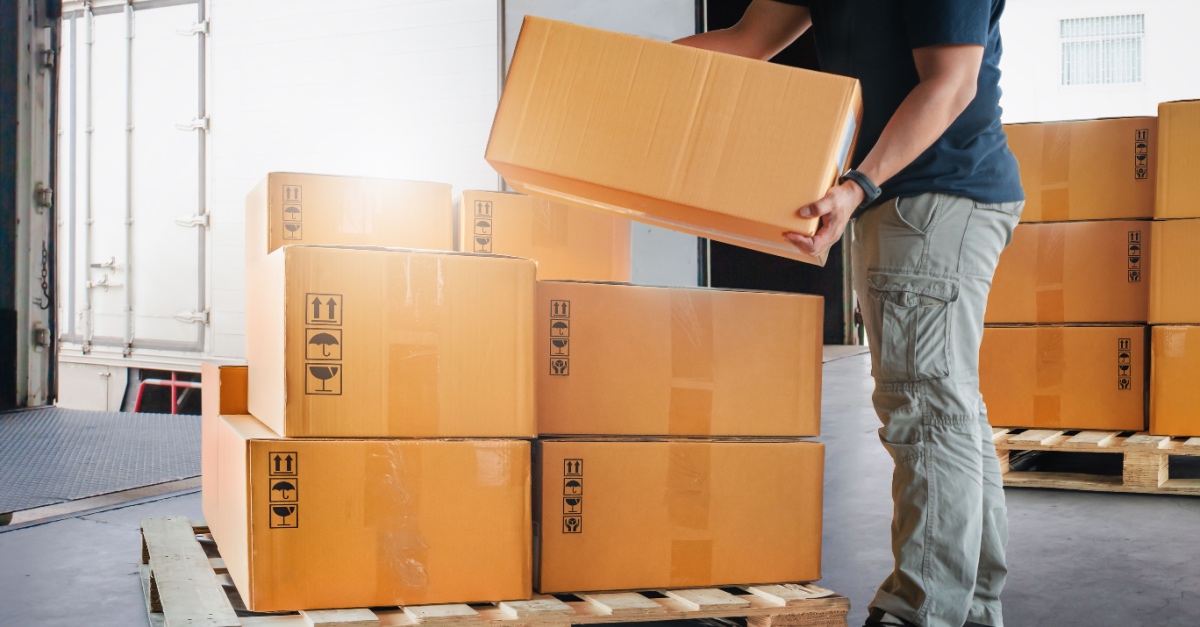
The global consumer packaged goods (CPG) market, valued at approximately $160.75 billion in 2022, is projected to reach around $244.92 billion by 2030, thanks to dynamic competition and ever-changing market trends. With e-commerce capturing a growing share of CPG retail, sales are reaching unprecedented levels due to the convenience and accessibility it offers consumers. While that means exciting opportunities for CPG brands, it also presents significant challenges, especially because of complicated logistics operations.
Growing CPG brands will mean overcoming hurdles like market saturation, resource constraints, and limited brand recognition. In this article, we explore the pivotal role of logistics in scaling CPG operations and provide insights for making informed decisions that will enhance operational efficiency and support sustained growth.
Although consumer packaged goods are everyday products that customers need, navigating the supply chain to manufacture these products can be challenging enough. Then, there is the need to get them to the consumers exactly when and where they need them, which is why enhanced logistics operations are critical. This includes inventory management, warehousing, transportation, order fulfillment, and last-mile delivery.
Logistics operations bridge the gap between the CPG business and its customers. This means that the logistics process adopted by companies within the consumer packaged goods sector directly affects how quickly these products reach consumers. Optimized logistics operations will enable faster shipping, more reliable product availability, and better customer experience. In a market where customer expectations are rising, fast, reliable delivery is a key competitive advantage.
When logistics operations are optimized, CPG brands can enhance or streamline overall supply chain management. The financial implications translate to reduced transportation, storage, and labor costs. Optimized logistics operations also allow for more accurate demand forecasting, real-time inventory management, and reduced stockouts, which can be expensive for the business or company. Typically, these have led to higher profit margins and more efficient resource use.
As CPG businesses continue to grow, scaling operations become inevitable. However, without an optimized logistics operation, these become challenging for both parties (the company and the customers).
Optimizing CPG logistics will mean leveraging strategies that, in some cases, might be new or uncomfortable but eventually ensure more customers can get the goods they need when needed. Some of these strategies include:
Generally, technology continues to be the backbone of modern logistics and supply chain operations. It is much more vital in the CPG sector because these products are important to consumers. Tech solutions like automation and AI can streamline warehouse operations and enhance demand forecasting. With real-time inventory tracking solutions, any CPG company can effectively ensure warehouse space is properly utilized and the products are always available.
It is important to consider tactfully running the logistics operations in-house or outsourcing them to a third-party logistics provider. Both situations have pros and cons.
Working with a 3PL in CPG operations can be a great way to scale quickly without investing in warehousing, technology, and transportation infrastructure. However, choosing a provider that aligns with the brand’s values and operational needs can be tricky, which means more attention to detail. A provider like Zengistics can ensure greater throughput and seamless scalability. On the other hand, building an internal logistics team allows for greater control and flexibility. The downside is the significant upfront investment required in technology and infrastructure.
The value chain begins with sourcing raw materials from the suppliers, which makes them critical to the success of the entire operation. CPG businesses must build strong and reliable relationships with these suppliers by negotiating favorable terms to improve margins and enhance seamless collaboration and communication.
In keeping with the supply chain network optimization, it is also necessary to strategically place distribution centers closer to key markets, reducing shipping times and costs and improving overall efficiency.
Operating on the world’s first collaborative logistics platform, Zengistics is a technology company that executes freight. Our focus is delivering the highest level of customer service, providing data-driven solutions, practicing proactive communication, and maximizing efficiency for scalable growth and personalized solutions to optimize your supply chain nationwide. The platform was founded on the belief that our collaborative technology platform has the power to bring large-scale efficiency through collaboration and tech enablement. Connect with us today to feel the difference.